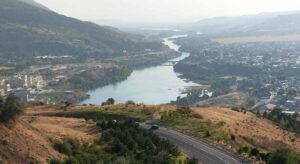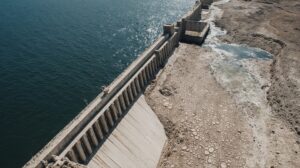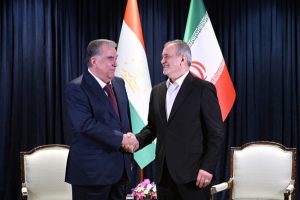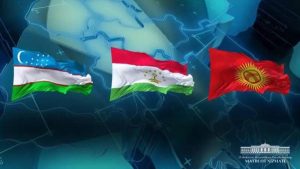On the eve of the first Central Asia-European Union summit in Samarkand, President of Uzbekistan Shavkat Mirziyoyev shared his vision for regional cooperation, economic integration, and security challenges in an interview with Euronews.
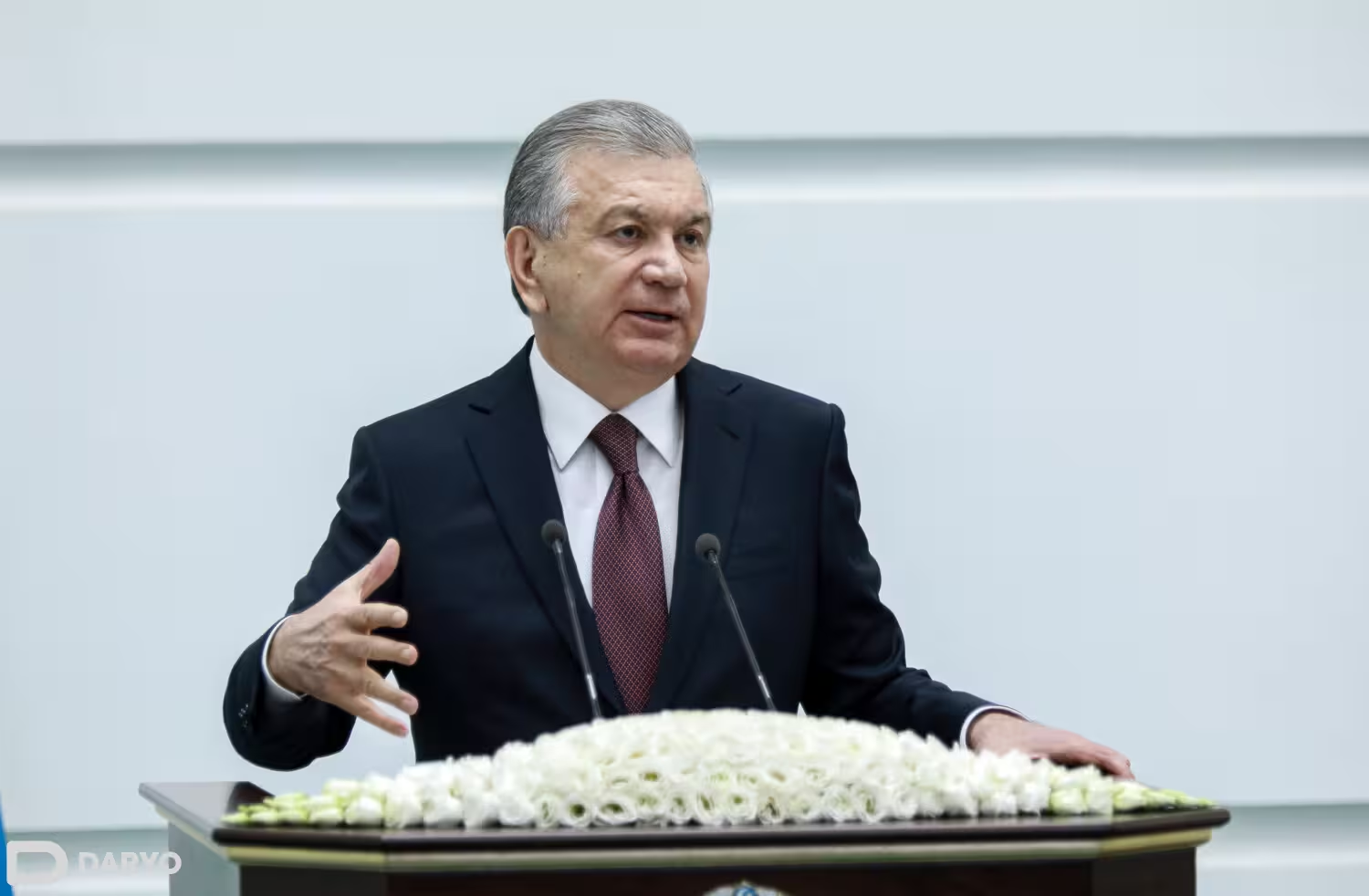
He highlighted the deep historical ties between Central Asia and the European Union, emphasizing that their partnership is built on nearly three decades of cooperation.
Mirziyoyev stated that the Central Asia-European Union format is a unique and large-scale platform for interaction. He noted that the EU, comprising 27 states—including Germany, France, and Italy from the G7—is a major integration bloc that fosters systemic engagement with Central Asia at an interregional level. According to the president, the scope of cooperation includes trade, investment, sustainable development, security, and digital transformation, all aligned with long-term strategic priorities.
Trade between Central Asia and the EU has seen growth in recent years, with turnover quadrupling to reach €54bn over the past seven years. European businesses have also shown increasing interest in investment and trade opportunities within Uzbekistan and the wider region.
Mirziyoyev emphasized that the ongoing positive developments are turning Central Asia into a key partner for major global players at the strategic crossroads of East-West and North-South trade routes. The upcoming summit, he added, will mark a historic step in strengthening interregional connectivity.
Samarkand as a Symbol of Dialogue and Unity
Discussing the choice of Samarkand as the host city for the summit, Mirziyoyev underscored its historical role as a center of trade, science, and diplomacy. He referred to its legacy as a hub where cultures, peoples, and ideas have converged for centuries. The president drew a historical parallel to Amir Temur, who engaged in diplomatic relations with European monarchs six centuries ago to ensure secure trade routes.
“Samarkand is restoring its special role in international life, preserving and multiplying the historical political and diplomatic heritage of the country in a new, broader format,” Mirziyoyev said.
He described the “Samarkand spirit” as a philosophy that views the world as united rather than divided—a principle that now underpins a new model of international cooperation.
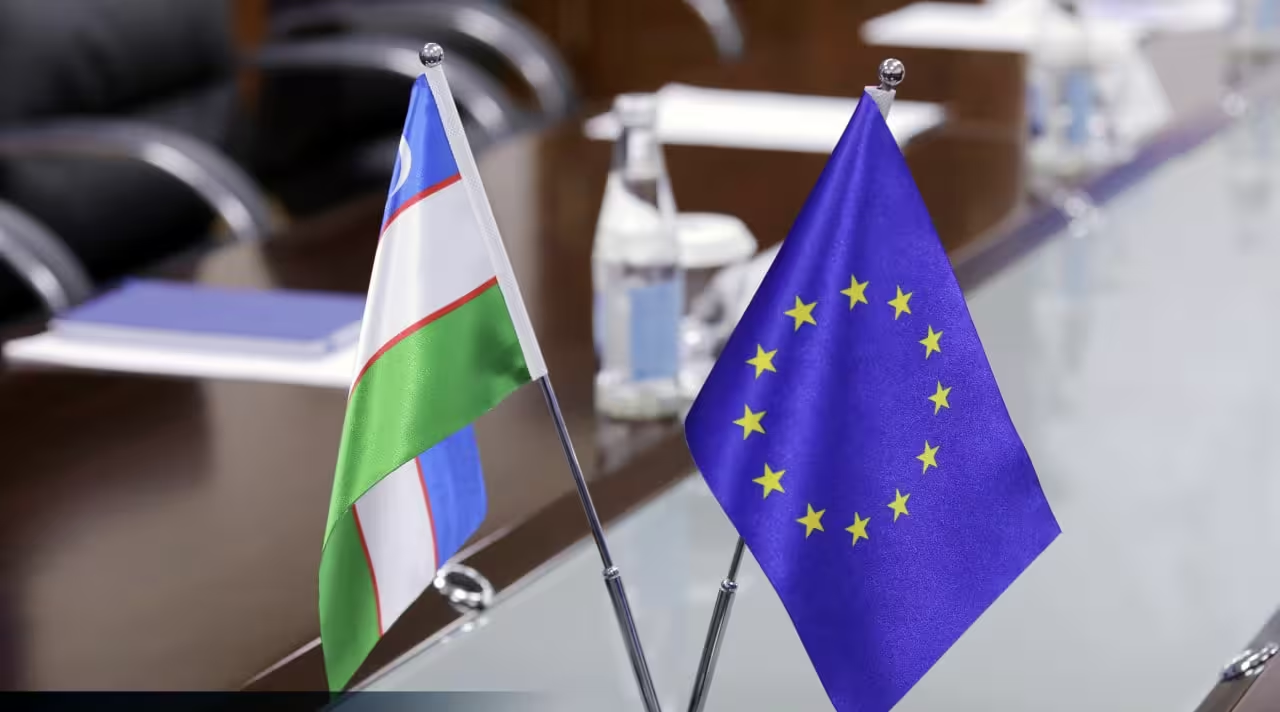
Transformations in Central Asia and Regional Priorities
Mirziyoyev stressed that Central Asia is Uzbekistan’s top foreign policy priority. He acknowledged past conflicts and disputes in the region, including territorial disagreements, water and energy challenges, and security risks. However, he highlighted the transformation that has taken place in recent years, shifting the region from fragmentation to constructive dialogue and cooperation.
The president credited the region’s progress to the collective political will of its leaders. Since Uzbekistan’s 2017 initiative at the UN General Assembly to hold consultative meetings, Central Asian nations have advanced regional integration, settling long-standing disputes—such as the Kyrgyzstan-Tajikistan border issue—through negotiations. Economic collaboration has also expanded, with the establishment of border trade zones, joint investment funds, and major infrastructure projects.
Mirziyoyev noted that Uzbekistan’s chairmanship of the Central Asian Five will focus on three key areas: regional security, economic integration, and environmental sustainability. He described the current moment as a “historic chance to make our region not only sustainable but also prosperous.”
Strengthening Economic Ties with the EU
Uzbekistan has introduced key economic reforms to attract foreign investment, including a one-stop-shop system for investors, foreign exchange liberalization, and tax reductions. These efforts have contributed to a 5.2% increase in Uzbekistan’s trade turnover with the EU, reaching $6.4bn in 2024. Over 1,000 European enterprises are now operating in Uzbekistan, with total investment projects amounting to €30bn.
Mirziyoyev expressed confidence that the upcoming Enhanced Partnership and Cooperation Agreement (EPCA) with the EU will further strengthen economic ties. He called for greater access to European markets for high-quality Central Asian products and urged alignment between the EU’s Global Gateway strategy and regional transport projects such as the Trans-Caspian Corridor.
“To elevate economic interconnectedness to a qualitatively new level, it is essential to further simplify trade procedures, improve access for Central Asian goods to European markets, and harmonise technical standards and certification processes,” Mirziyoyev stated.
He also called for increased European financial assistance through institutions like the European Bank for Reconstruction and Development (EBRD) and the European Investment Bank (EIB) to support small and medium-sized businesses in the region.
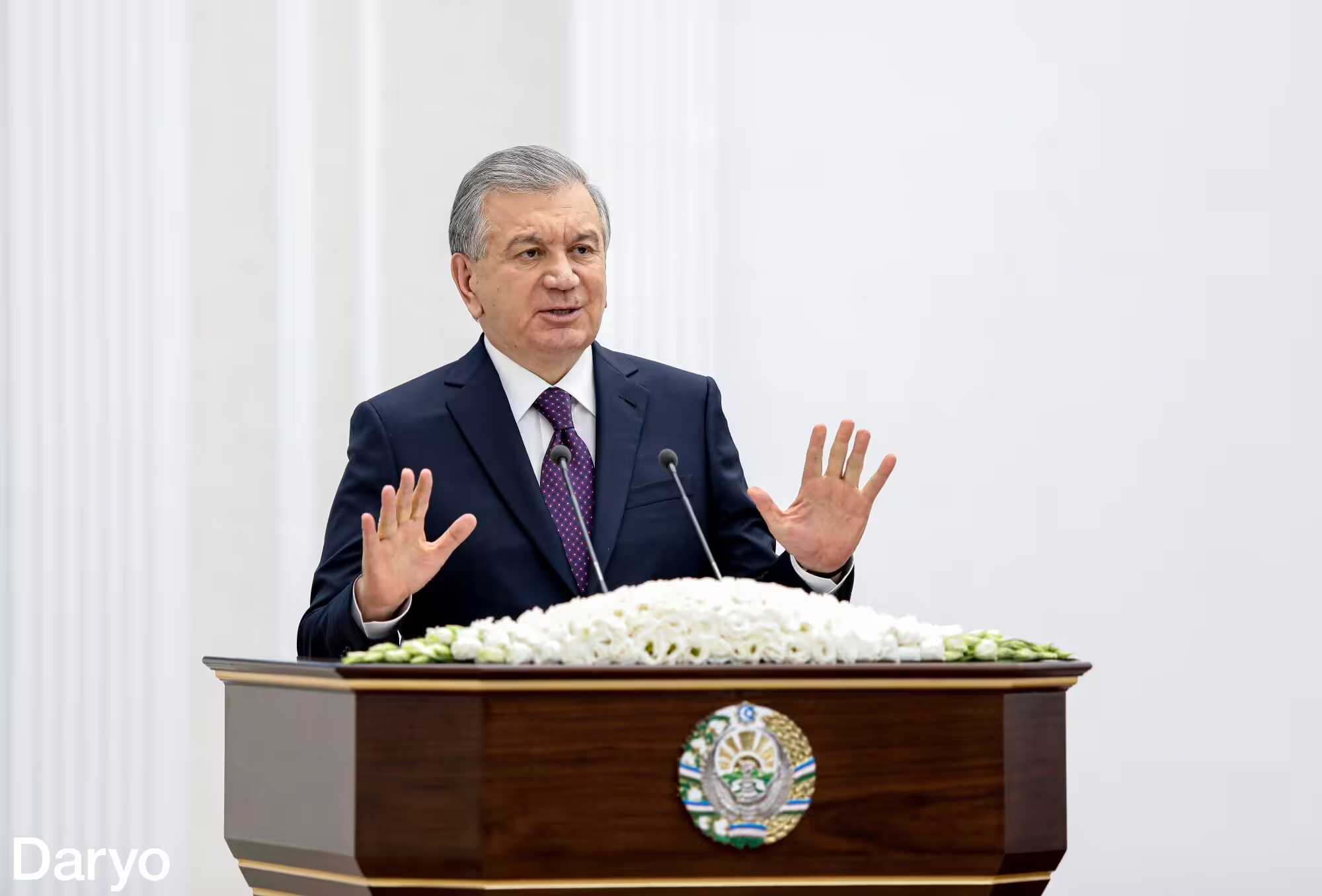
Central Asia’s Role in Europe’s Energy Security
The president highlighted Central Asia’s potential as a stable energy partner for Europe, particularly in renewable energy. He announced the development of a Green Strategic Corridor linking Central Asia to Europe via the Caspian and Black Seas. Additionally, Uzbekistan is advocating for a Central Asia-EU Clean Energy Partnership to facilitate cooperation on green hydrogen, biofuels, and ammonia production.
Uzbekistan has already commissioned 14 solar and wind power plants and is planning over 50 additional renewable energy projects, with a total capacity of 24,000 MW. By 2029, Uzbekistan aims to generate 54% of its electricity from renewables, reducing carbon emissions by 16mn tons. Mirziyoyev also emphasized the importance of modernizing energy systems to enhance efficiency and sustainability.
Security Cooperation and the Afghanistan Issue
Mirziyoyev acknowledged that both Central Asia and the EU face common security threats, including terrorism, extremism, and transnational crime. He emphasized the need to expand collaboration beyond existing programs, particularly in countering cyber threats and extremism. He also called for an enhanced security dialogue between Central Asia and the EU.
Addressing Uzbekistan’s approach to Afghanistan, Mirziyoyev reaffirmed the country’s commitment to constructive engagement. He noted that many who initially doubted Uzbekistan’s strategy now recognize its necessity. He pointed out Afghanistan’s recent progress in infrastructure development and the sharp 95% decline in opium cultivation following the Taliban’s 2023 ban on drug sales.
“Afghanistan should be viewed through the lens of emerging strategic opportunities. It is critically important to integrate Afghanistan into global economic processes, including through the implementation of infrastructure projects on its territory,” he stated, calling for international support in education and economic reconstruction.
Mirziyoyev urged the EU to collaborate with Central Asia on initiatives that foster long-term stability in Afghanistan.
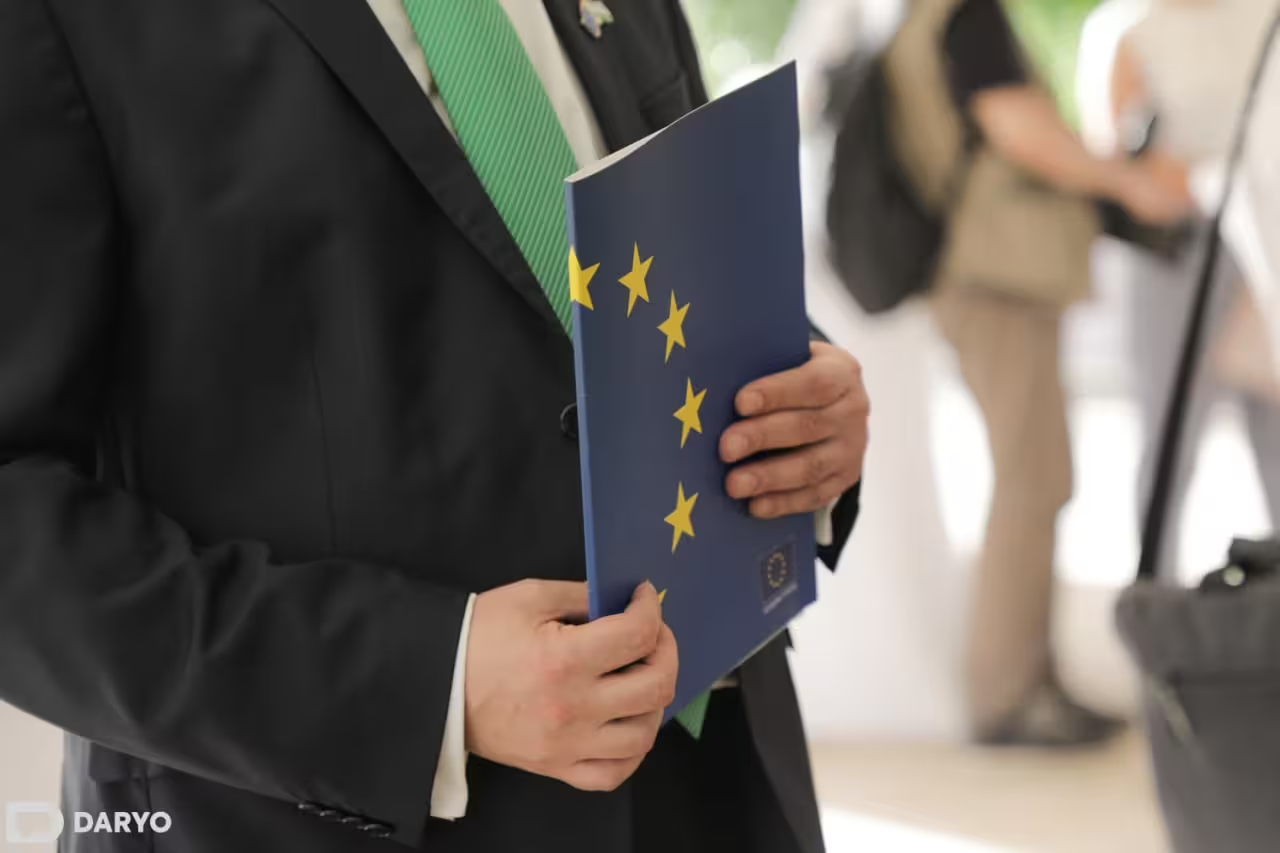
Climate Action and Regional Cooperation
Recognizing climate change as a shared challenge, Mirziyoyev called for deeper collaboration between Central Asia and the EU on environmental sustainability. He emphasized that both regions are experiencing severe climate impacts, from glacier melting and droughts in Central Asia to wildfires and ecosystem shifts in Europe.
A major priority, he said, is advancing the green agenda in Central Asia. At the Samarkand Summit, Uzbekistan plans to present a Regional Green Development Concept that will outline joint strategies for addressing climate risks, developing sustainable energy, and promoting environmental conservation.
A Defining Moment for Central Asia and the EU
Concluding his remarks, Mirziyoyev emphasized that Central Asia is no longer on the geopolitical periphery but is emerging as a “dynamically developing region that is shaping its own strategic agenda.” He expressed confidence that by fostering deeper regional and international cooperation, Central Asia can become a key player in global economic, security, and sustainability efforts.
“We highly appreciate the European Union’s support for our aspirations for the region’s openness, prosperity and strengthening of its subjectivity,” he stated. “It is particularly important that the EU shares our goal of transforming Central Asia into a united and dynamic region, ready for open and equal partnership with all stakeholders.”
